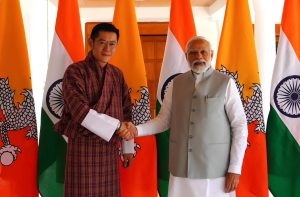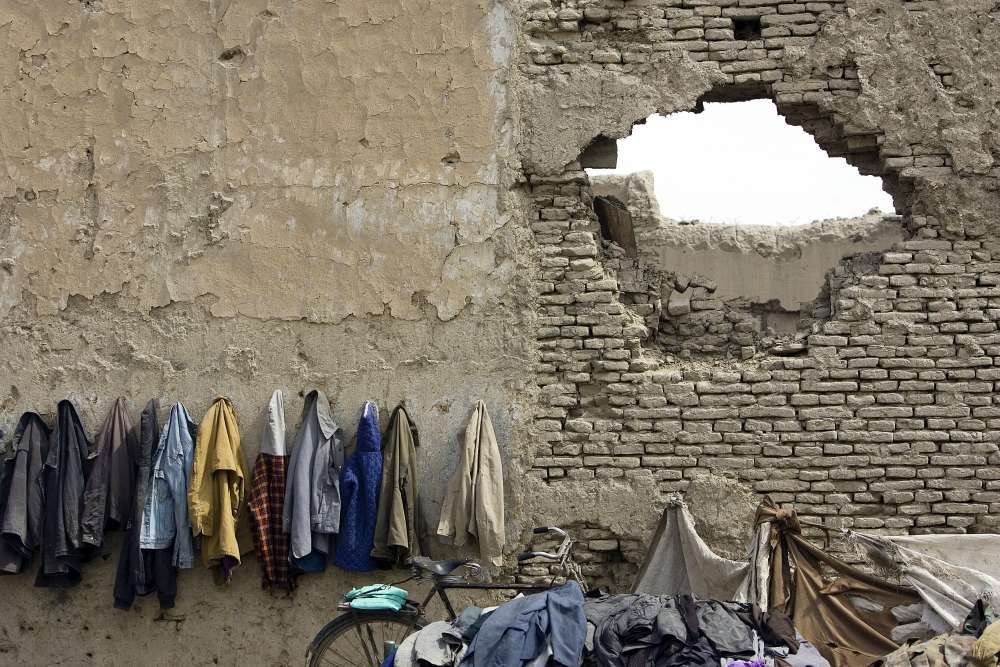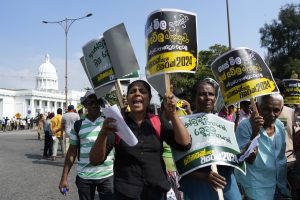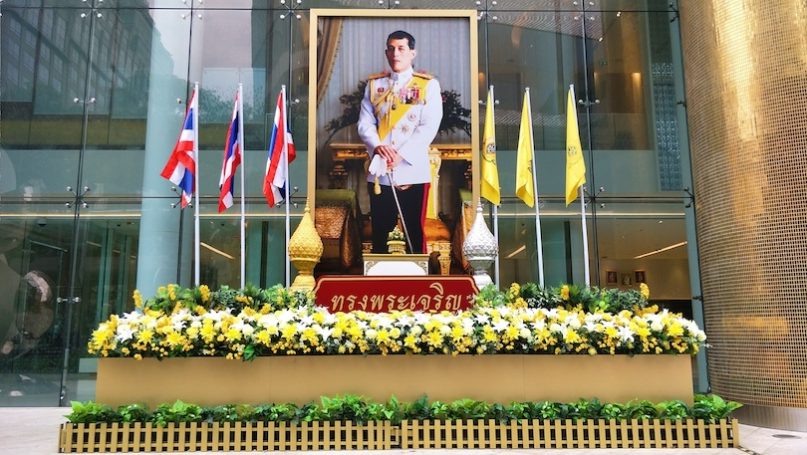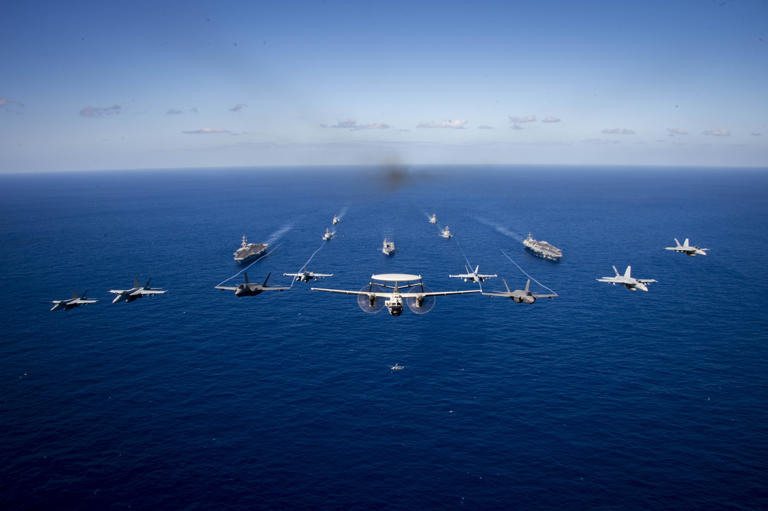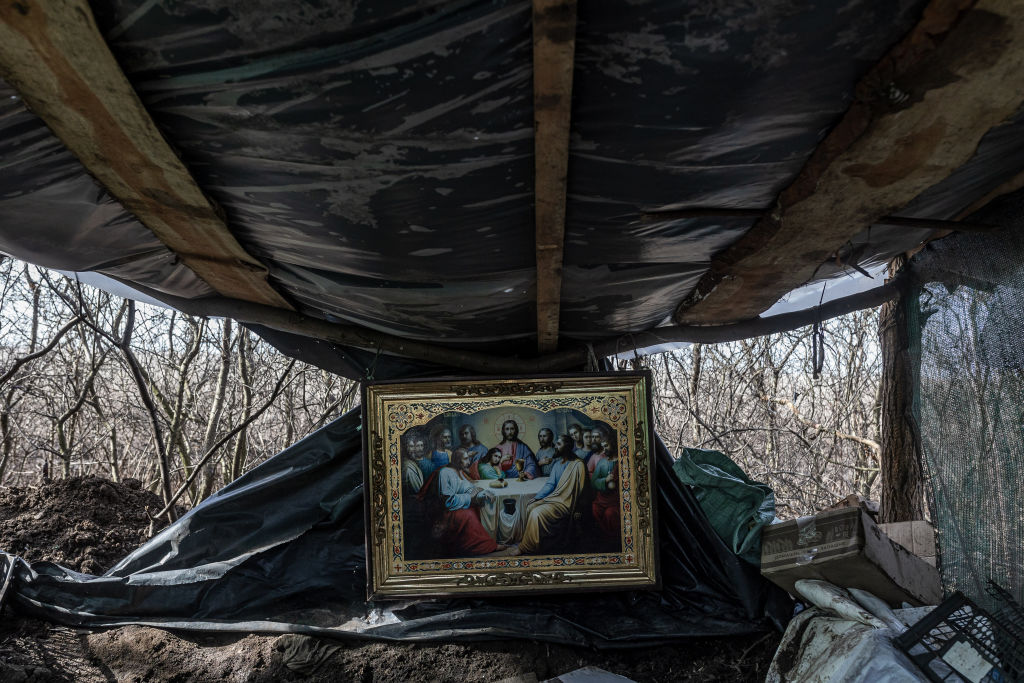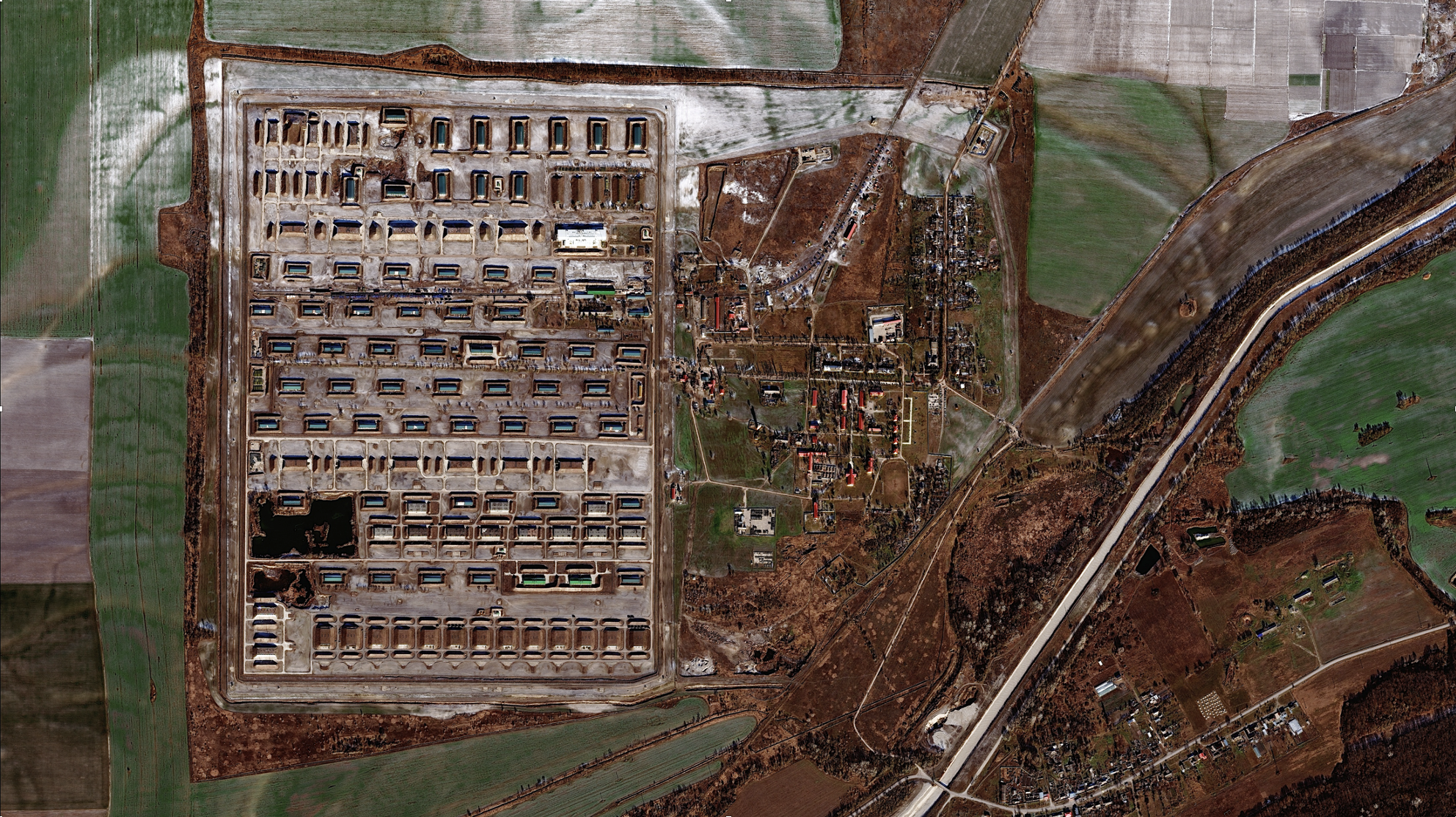George Bernard Shaw wrote “He who can, does; he who cannot, teaches.”
And, he who cannot teach, does “foreign policy” in Washington, DC.
You know who they are.
Tune into CNN or flip through the pages of Foreign Policy and Foreign Affairs.
You’ll find the same names, carrying titles like “senior fellow” (both resident and nonresident) and “former assistant secretary” (of offices either obscure or opaque).
As the government grows, so does the circle of “foreign policy” experts.
Now, it does look like a lot of fun to be a “foreign policy” expert, sitting pretty on symposium stages in Munich and Halifax, wearing decorative socks and jaunty pocket squares, debating when China will invade Taiwan, how long it will take Mr. Putin to march on Poland, how soon until Iran launches that devastating nuclear attack.
No question is too big, no threat too remote for the “foreign policy” expert’s courageous imagination.
Sure beats the hell out of debating property tax hikes back home in Muncie.
“We must build a distributed posture in the Indo-Pacific,” they say.
“Mr. Putin is a dictator; ipso facto, he will march on Europe next.”
“We must reimagine regime change for a modern Iran.”
Notice a theme?
“Foreign policy” experts speak only in abstract, synthesizing thousands of years of history, decanting theories and probabilities in real-time, on-air, arriving at solutions so muddled and uncertain you wouldn’t dare repeat them to anyone beneath the rank of O-6—people who would have to be that “posture” in the Indo-Pacific, or dig fighting holes to defend against a “marching” dictator in Europe, or carry out yet another harebrained scheme against a dictator, benevolent or malevolent, in Iran or someplace else.



